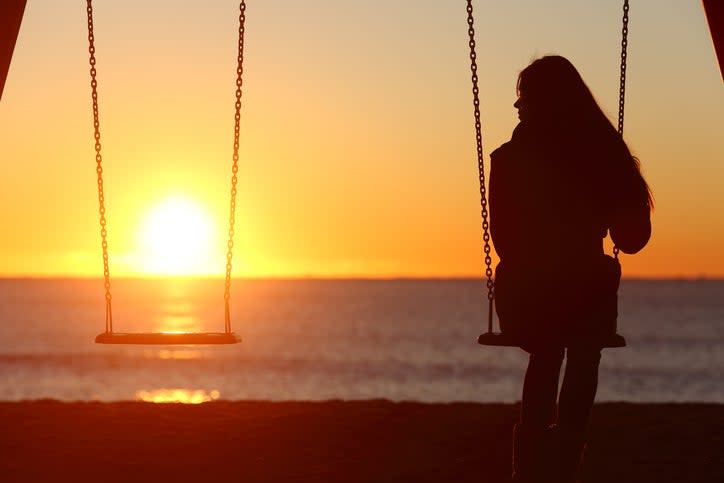I fear a loneliness epidemic among young people – here’s how we can help stop it

When we think of loneliness the image that pops up is usually a pensioner living on their own, but a new report has found it’s more likely to be young people between 18 to 30 years old.
This was the consistent finding of a survey of more than 70,000 respondents carried out by researchers at University College London, which has analysed the psychological and social experiences of adults living in the UK during the Covid-19 pandemic, since March.
It’s important to stress that we can choose to be on our own and be comfortable with that, but being isolated to the point of feeling lonely is not a choice or position anyone wants to be in. Thinking about the restrictions that Covid-19 has placed on us all, it’s easy to see how social distancing, remote working and lockdown all lend themselves to breeding this psychological ill.
We wouldn’t automatically think of young people as feeling lonely, they are the most connected generation, but many of us have come to understand digital connection is a poor substitute for the real thing.
There isn’t always an identifiable or single reason why people feel lonely, it can just happen without a trigger. But it’s interesting to note that 18 to 30-year-olds are also the ones least likely to report feeling happy, which is in contrast to their older peers. In addition to coronavirus restrictions, the lack of hope they feel in relation to employment prospects, securing independent living and a decent income may play into feelings of loneliness.
Looking forward, some young people will be going on to or returning to higher education, this would usually mean lots of opportunities to socially interact – but not this year. Despite the promise from some higher education institutions providing a near-normal fresher’s week, ongoing restrictions will make university a very different experience.
On the face of it, having accommodation or course bubbles might not sound too bad, but these rely on students getting on with each other in their intimate groups. The first term of the first year is always the one that sees the highest attrition of students, due to homesickness or simply realising higher education wasn’t the right choice. All of these factors can compound a sense of feeling alone.
Loneliness is often interpreted a whinging or an adjustment period, or self-inflicted by the young individual, or blamed on too much time spent on digital devices. Whatever your age and experience of loneliness, talking about it is as stigmatised as sexually transmitted diseases, and this stigma prevents many from revealing their feelings. This is not just sad but dangerous. A persistent feeling and experience of loneliness increases the risk of developing health problems such as heart diseases in addition to psychological issues – anxiety and depression.
Unless we find a way of making it acceptable for anyone, especially young people, to avoid embarrassment when admitting they feel lonely then we allow health risks to prevail. This won’t be solved by developing and giving out pills but rather the way we all think about this feeling.
In recent months, we have all participated in a kind of national empathy exercise. The pandemic has allowed us to step into the shoes of those who feel lonely, as we voluntarily cut ourselves off from work and family.
Empathy alone isn’t a solution, and in this instance, we don’t need a grand intervention from the government or the promise of resources. Combating loneliness just requires us all to be thoughtful and vigilant. We can all think about work colleagues, neighbours, or anyone that we come into contact with, and ensure we lookout for those who could be feeling this way.
Young or old, just understanding that you’re not on your own if you feel lonely can be helpful, and this latest research is a start to realising that you aren’t.
Read more
Talking robots could be used in UK care homes to help combat loneliness and improve mental health
Young women ‘most likely to suffer depression, anxiety and loneliness in lockdown’

